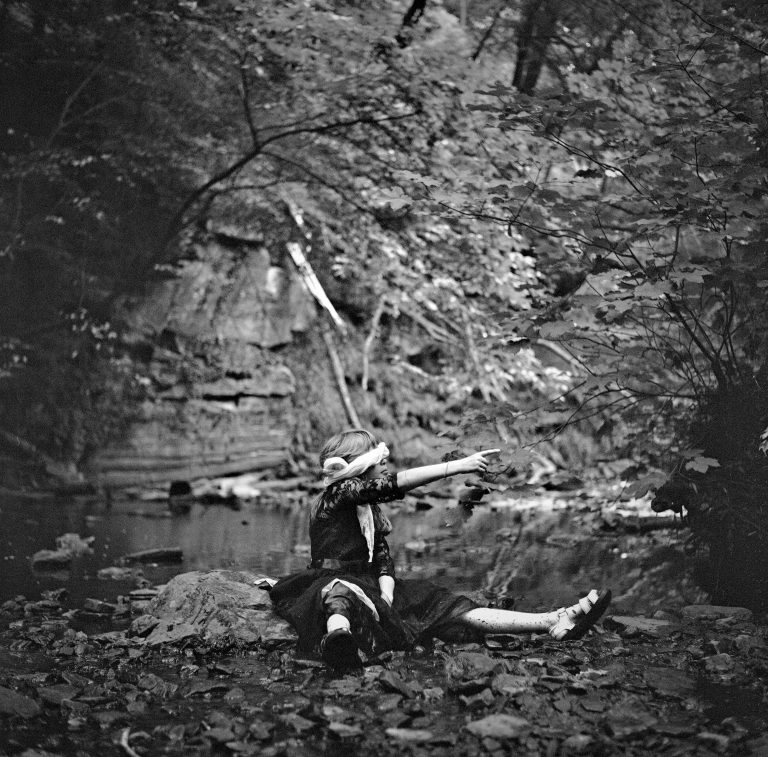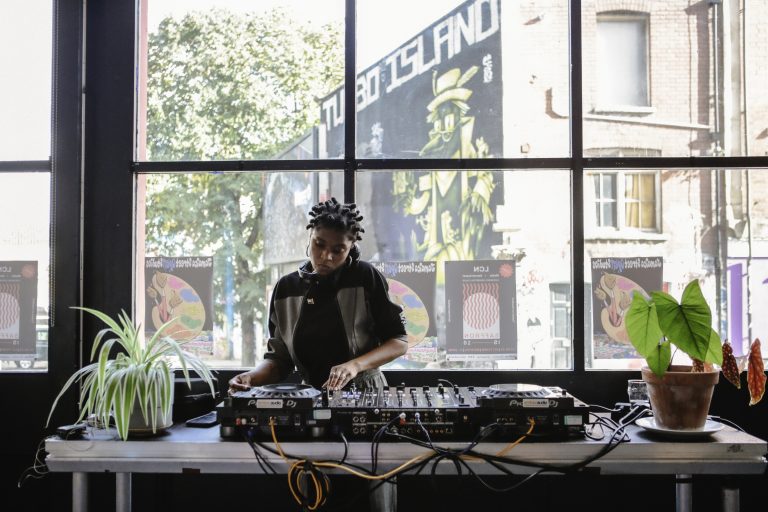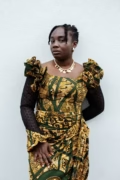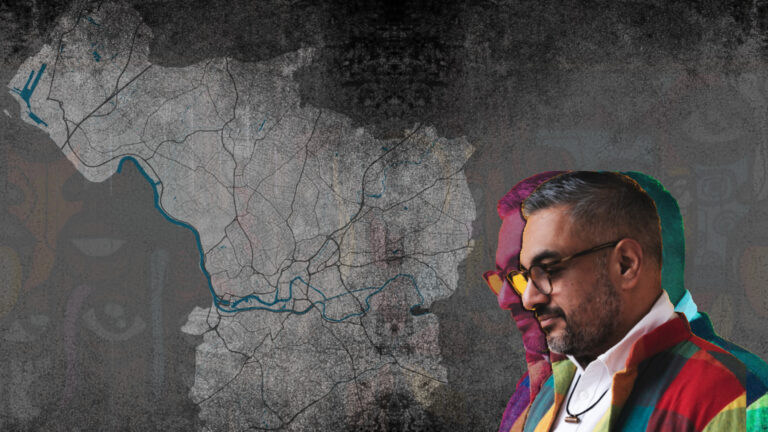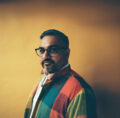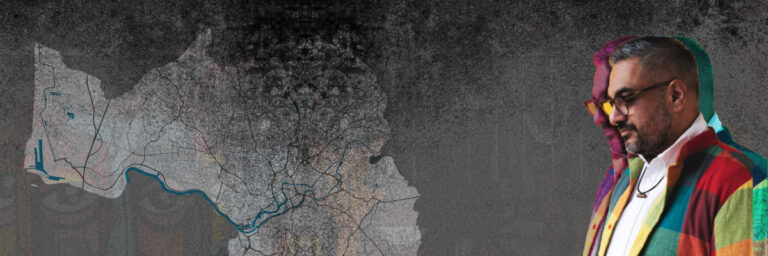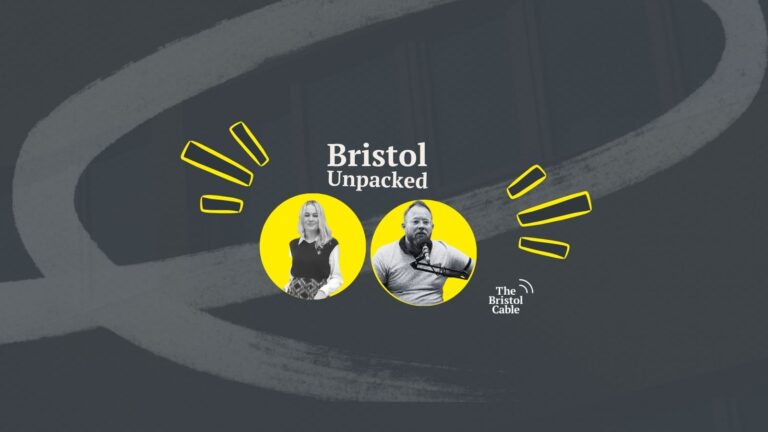Moyah: Sound of survival
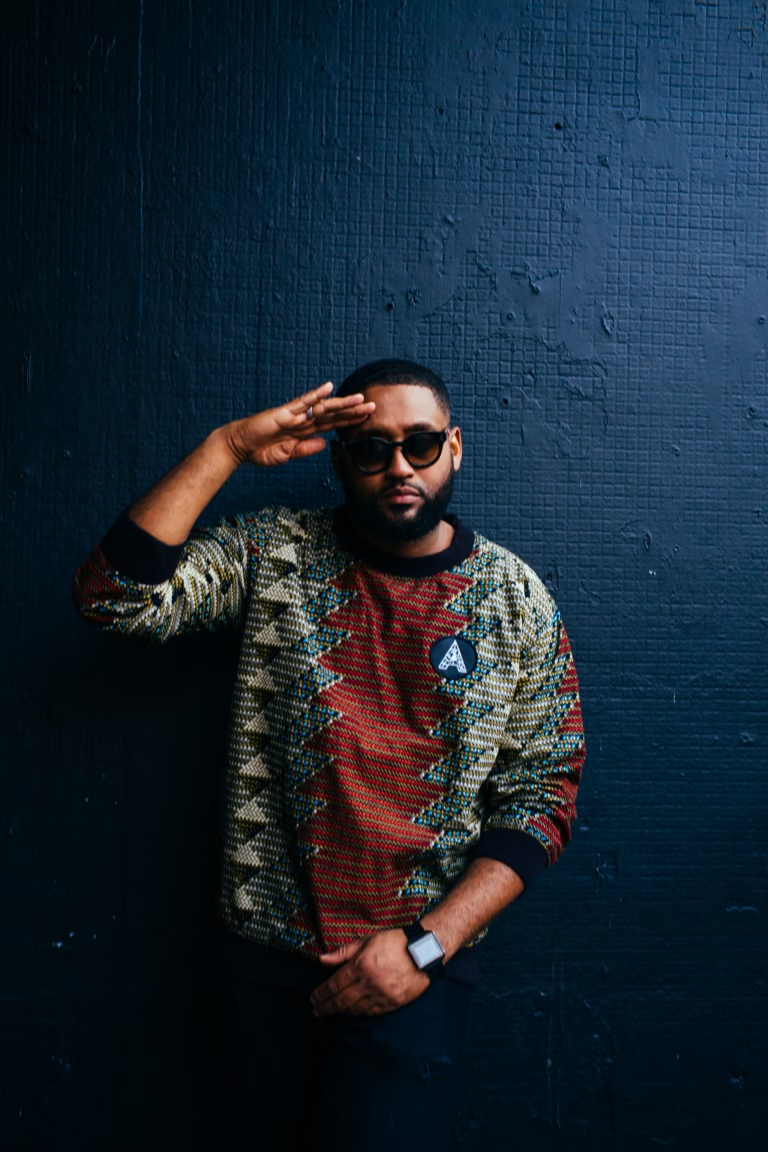
Artist and activist MoYah speaks to me via video link from his living room sofa — and from what he tells me, he’s a man in need of a sit-down. The multilingual rapper is just back from performing in Glasgow, with a packed summer of touring ahead.
Among the music he’s taking on the road is his latest single Tabonga — a party tune full of sax samples and upbeat percussion — which means “thank you” in Ndau, his family’s mother tongue.
It’s a homage to Mozambique, the country he and his family fled as refugees when he was just two years old. “I wanted to celebrate the perseverance, courage and strength of migrant communities,” he tells me.
That sense of gratitude marks a new chapter in MoYah’s journey. For years, he was one half of Native Sun, a soulful hip hop duo he formed with singer-songwriter Sarina Leah. The pair toured 17 countries together, a time he recalls fondly.
In 2021, he relocated to Bristol. It was a time for reflection, and he emerged anew: formerly Mohammed Yahya, he emerged as MoYah.
His music evolved too. His earlier hip hop tracks, he tells me, were fuelled by anger and urgency. “Now it comes from understanding who my people are — their strength and pride.”
Released to coincide with Refugee Week in June, Tabonga is deeply autobiographical, reflecting much of what we go on to speak about: personal history, resilience, and the ongoing journey of migration.
From Mozambique to Lisbon
MoYah was born in Mozambique in 1980, five years after independence from Portuguese colonial rule. “It should have been a time of reimagining,” he says, “but external powers didn’t want to see an African leader in the region.” A brutal 15-year civil war followed.
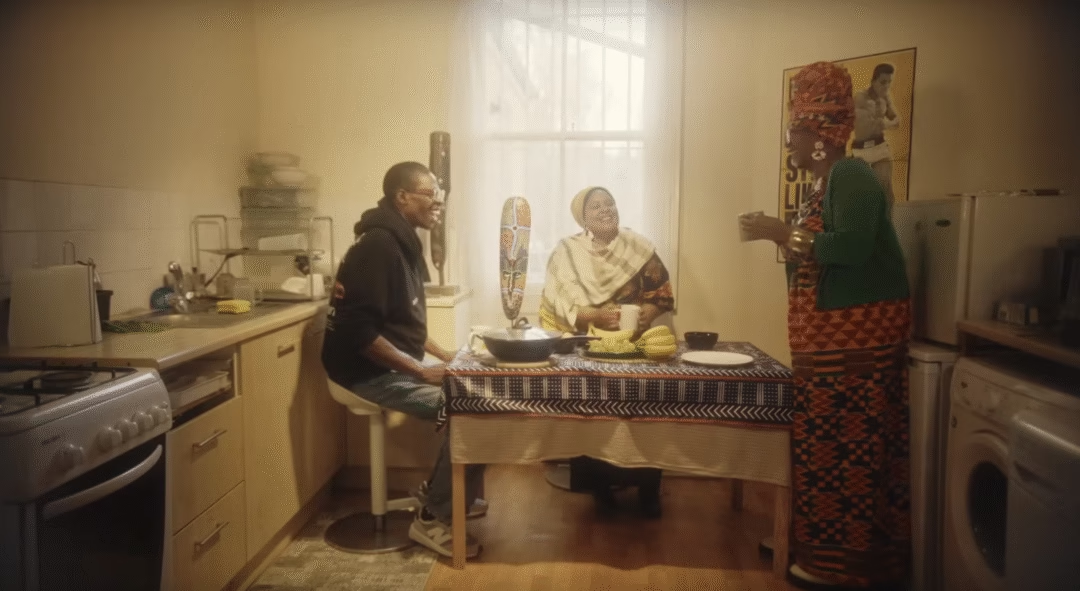
After his father was imprisoned for his politics, he, along with his mother and two sisters, fled to Portugal as refugees. In Lisbon, they temporarily squatted in an unfinished hospital, which was left abandoned after the fall of António de Oliveira Salazar, one of Europe’s longest-surviving dictators.
“Our passports said Portuguese, but that didn’t mean we were welcome,” he says. At school, MoYah was the only Black boy. One teacher told his sister that Africans were “three-quarters of a human being.”
We built what we needed — spaces to be seen and heard, to connect and resist.
His father, once politically active and highly qualified, was pushed into low-paid work. “You couldn’t rise,” MoYah says. “Racism was embedded in education, in work.”
He recalls buzzing neighbourhood parties that brought together people from Portuguese-speaking African countries. Here, food and music came together: matapa made from cassava leaves and grated coconut, mango achar, peri-peri chicken.
These weren’t just meals, they were a touchstone to his culture. “Mozambican food is some of the best in the world,” he laughs. “We grew up with aunties who were the best cooks, feeding whole parties from tiny kitchens.”
‘Hip hop is the CNN of the ghetto’
At ten, he and his family moved to Ealing, West London. At first, they stayed in a hostel room before moving to a two-room flat. His father worked double shifts. It was here that he found hip hop. Chuck D, Mos Def, Common — their lyrics resonated. “It was the first time I heard something that reflected my reality. Like Chuck D said: ‘hip-hop is the CNN of the ghetto.’”
He started rapping — underage parties, open mics, scribbling bars on scraps of paper. Then, in 2006, he co-founded Rebel Music, a grassroots artist collective putting on monthly creative events involving music, film, poetry, faith and activism. “We built what we needed — spaces to be seen and heard, to connect and resist.”
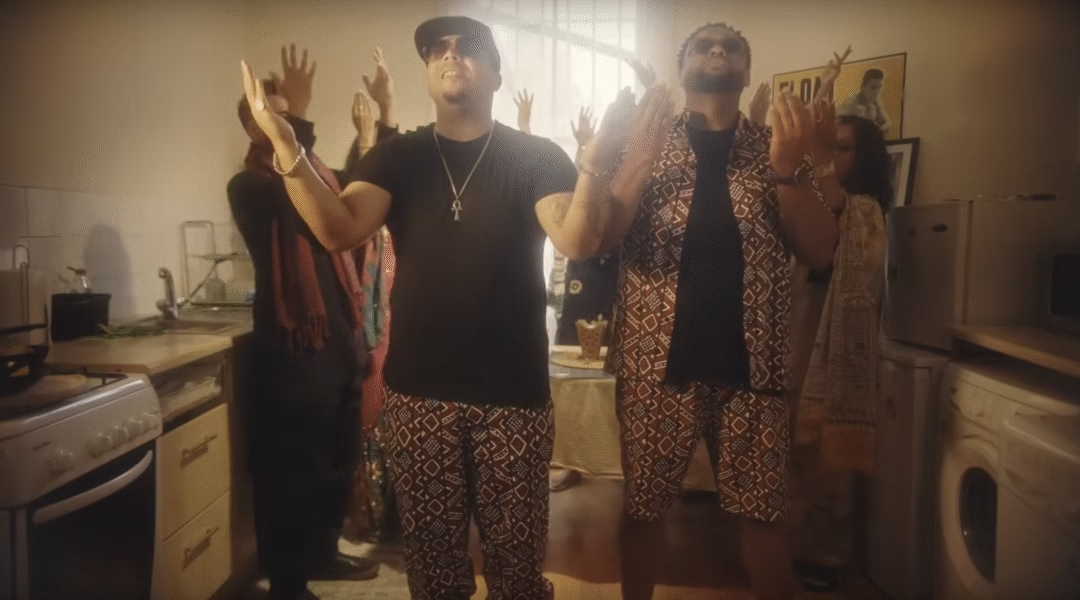
Now based in Bristol, he continues to build. Tabonga was born of this evolution — the beat came first, then the vision: a track that could tell stories of displacement. The video, directed by Nigerian filmmaker Great and shot in a Bristol flat by Patch De Salis, features his family and local migrant communities, celebrating joy and resilience. “We wanted to show the human experience. There’s so much more that connects us.”
The reception has been huge — plays on Mozambican radio and TV, and remix collaborations across Lusophone Africa.
Recently nominated as an IMIX Refugee Ambassador, MoYah is stepping into a new phase — slower, more grounded, but still purposeful. “This is resistance too,” he says. “Joy, food, music, storytelling — that’s what keeps us alive.”
And he’s not finished. “There’s a lot to do,” he says. “There’s strength in our communities. We just need to keep building.”
Independent. Investigative. Indispensable.
Investigative journalism strengthens democracy – it’s a necessity, not a luxury.
The Cable is Bristol’s independent, investigative newsroom. Owned and steered by more than 2,600 members, we produce award-winning journalism that digs deep into what’s happening in Bristol.
We are on a mission to become sustainable, and to do that we need more members. Will you help us get there?
Join the Cable today

